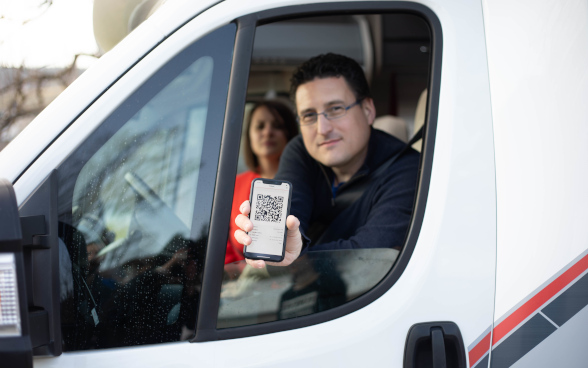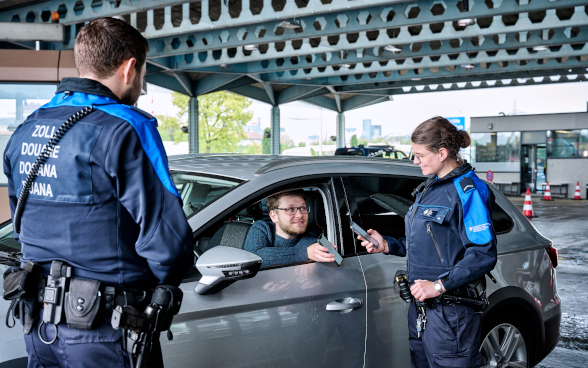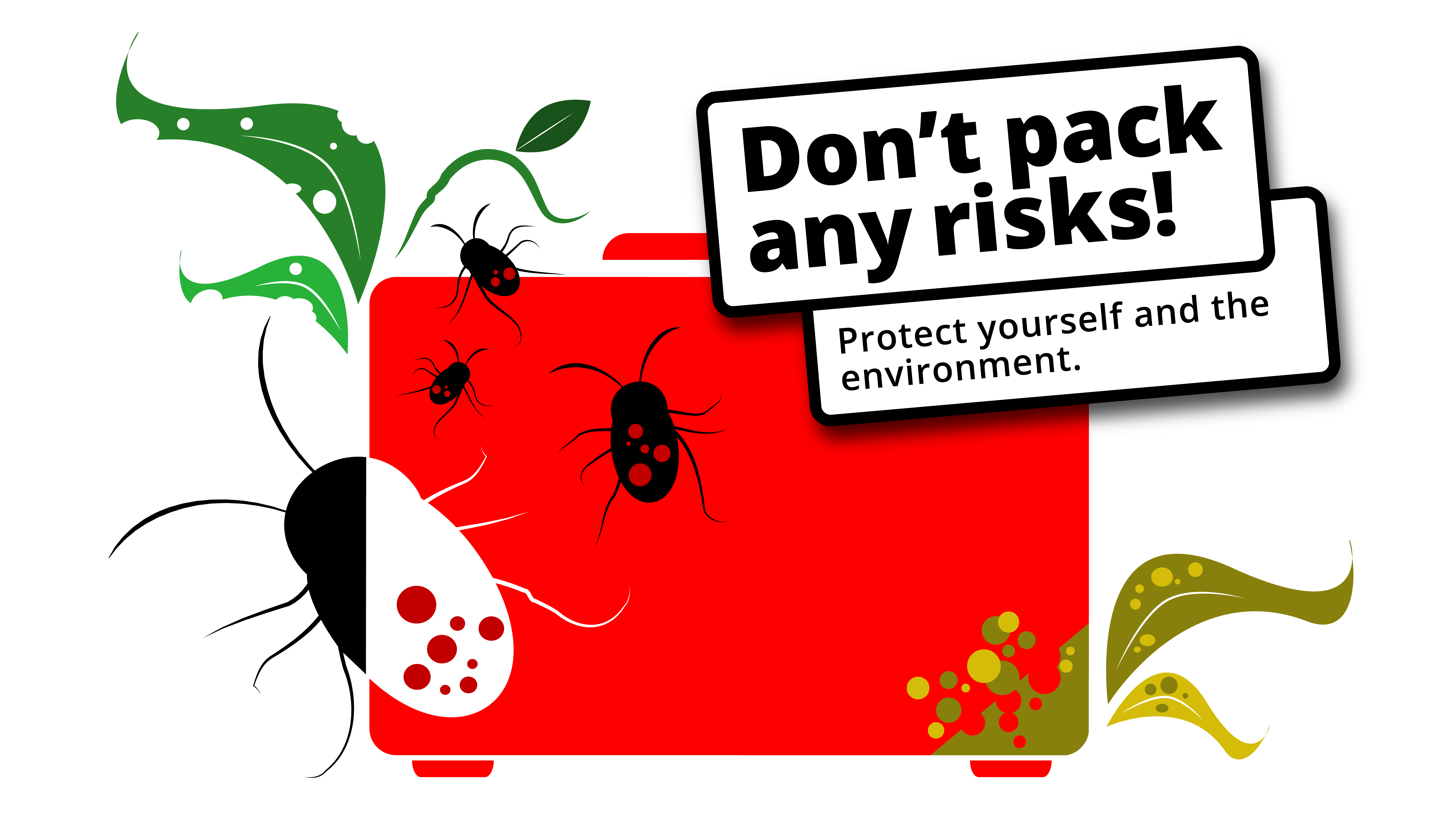What documents do I need to enter Switzerland?
Nationals of EU- and EFTA countries may enter Switzerland provided they are in possession of a valid identity card or a recognised passport.
As the competent authority for entry regulations, the State Secretariat for Migration (SEM) is the main point of contact for questions relating to entry into Switzerland. Accordingly, the SEM offers a handy FAQ on this topic.
What COVID-19 measures apply to entry into Switzerland?
For entry into Switzerland you can take the Travel-Check online entry test. This will tell you quickly and simply which restrictions currently apply for Switzerland. For further questions concerning COVID-19, consult the Federal Office of Public Health FOPH website.
What charges apply when travelling on Swiss roads and motorways?
If you are travelling by car in Switzerland, you will quickly realise, perhaps with some relief, that there are no toll booths. Nevertheless, you have to pay a levy when you drive on Swiss motorways and expressways. This fee is paid in the form of a motorway tax sticker , which costs CHF 40. They are available at many locations in Switzerland, for example at staffed customs offices, post offices and petrol stations. A list of points of sale abroad and options to buy online can be found on our website. To prove that you have paid the fee, affix the motorway tax sticker to a clearly visible part of your vehicle. A motorway tax sticker is valid from 1 December before the year printed on it until 31 January after the year printed on it.








